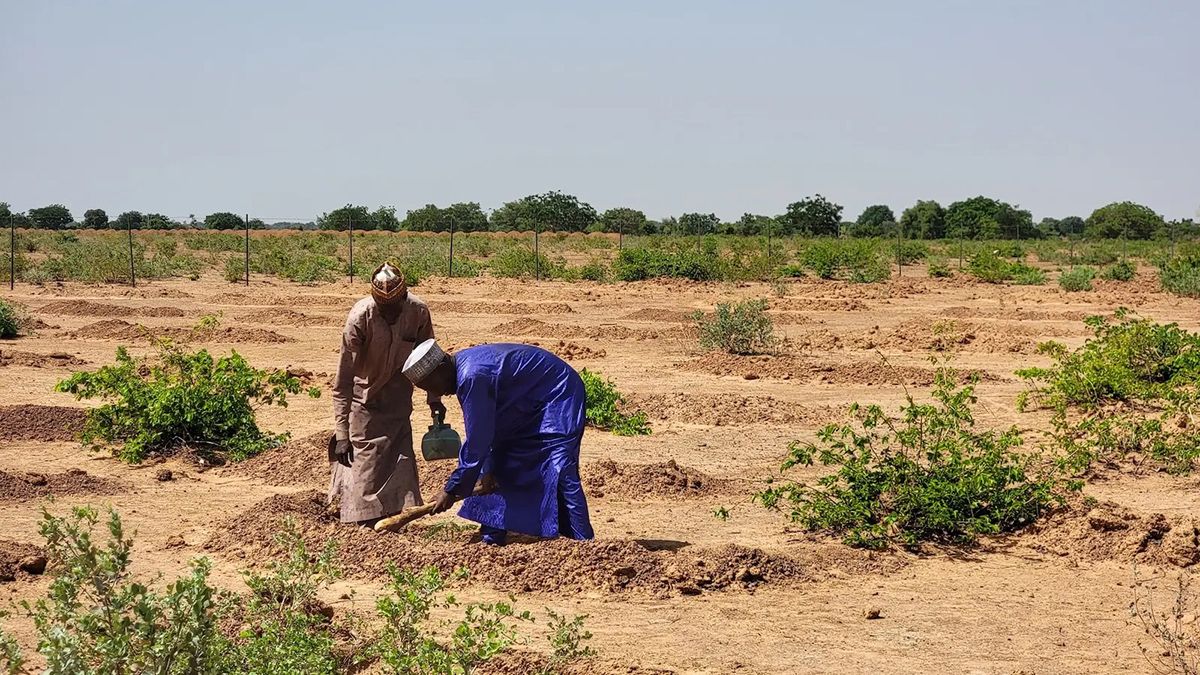Global Warming Causes 40% of the World's Land to Dry Out

By Ayurella Horn-Muller, Grist - Contributed by Alayaran.com News Team February 10, 2024
The world is witnessing a worrying shift: nearly a third of its inhabitants live on land that is expected to dry out due to increasing global warming. According to the latest research, three-quarters of the world's land is drying out, redefining life itself.
According to two reports released by the Food and Agriculture Organization (FAO) and the United Nations Convention to Combat Desertification (UNCCD), a significant portion of the world's arid regions are at risk. This alarming trend poses significant threats to global food security, water availability, and ecosystems.
The studies reveal that an estimated 40% of the world's land is expected to experience extreme aridity by 2050. The effects of this increasing desertification are already being seen in sub-Saharan Africa, where crop production capacity could be reduced by as much as 22 percent by 2050.
Rapid expansion of the world's drylands is linked to an increase in saltier soils. More arid regions mean fewer freshwater resources, forcing farmers to rely on brackish water and increasing soil salinity. High salinity impairs plants' ability to absorb moisture, suppresses plant growth, and changes soil structure, leading to severe yield losses.
Global warming also imperils freshwater resources. The studies find that nearly 70 percent of the planet's salt-affected soils are found in just ten countries, including China, Russia, and the United States. This costs the global agriculture sector at least $27 billion every year.
The consequences are far-reaching: hunger rates continue to rise due to declining yields, while billions of people already rely on degraded land for their livelihoods.
In response to this dire situation, experts recommend a mix of solutions to combat climate change and mitigate the effects of desertification. Nature-based approaches such as agroecology, improved crop management, technological innovations, and water-efficient varieties of crops may be effective in reducing desertification.
The UNCCD COP16 conference recently discussed these pressing issues, with world leaders urged by the U.N. Secretary-General to preserve land for survival. However, calls to take bold action remain unanswered so far.
To avoid such consequences, global cooperation and investment are necessary. The UNCCD emphasizes that a minimum of $2.6 trillion is required for restoration and resilience purposes by 2030.
The clock is ticking as governments worldwide scramble to address the looming threat. It's imperative that urgent action be taken today, or life itself will continue to suffer.
